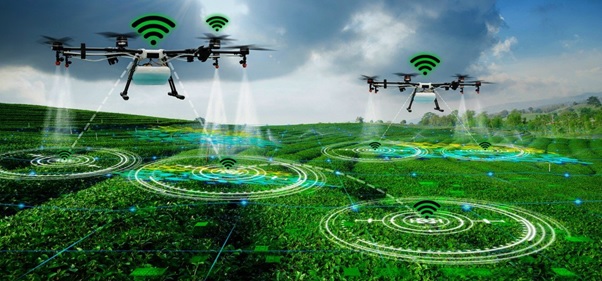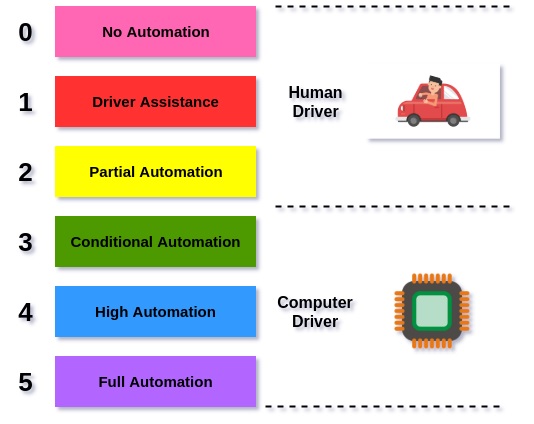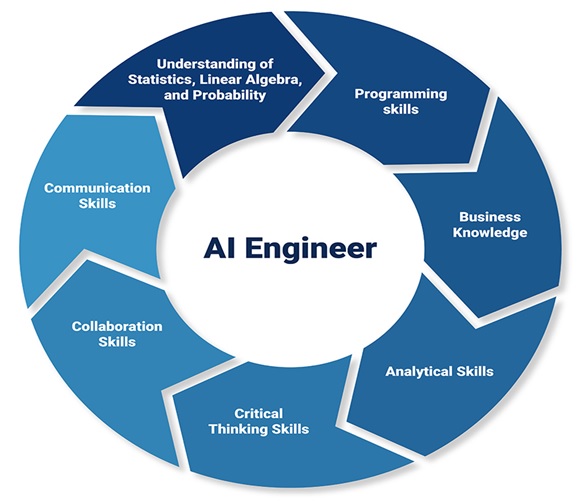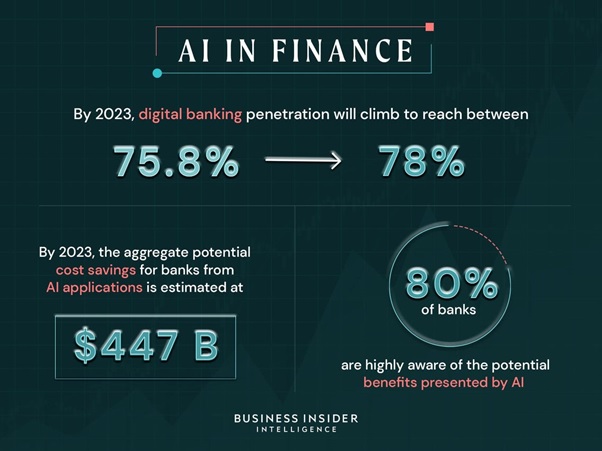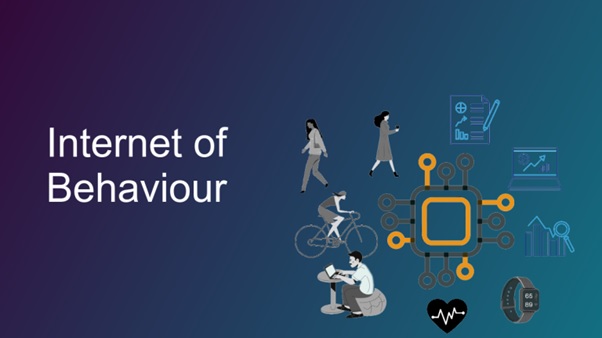Machine Learning towards Intelligent Systems
The emergence and continued reliance on the Internet and related technologies has resulted in the generation of large amounts of data that can be made available for analyses. However, humans do not possess the cognitive capabilities to understand such large amounts of data. Machine learning (ML) provides a mechanism for humans to process large amounts of data, gain insights about the behavior of the data, and make more informed decision based on the resulting analysis. ML has applications in various fields. This review focuses on some of the fields and applications such as education, healthcare, network security, banking and finance, and social media. Within these fields, there are multiple unique challenges that exist. However, ML can provide solutions to these challenges, as well as create further research opportunities. Accordingly, this work surveys some of the challenges facing the aforementioned fields and presents some of the previous literature works that tackled them. Moreover, it suggests several research opportunities that benefit from the use of ML to address these challenges.[2]
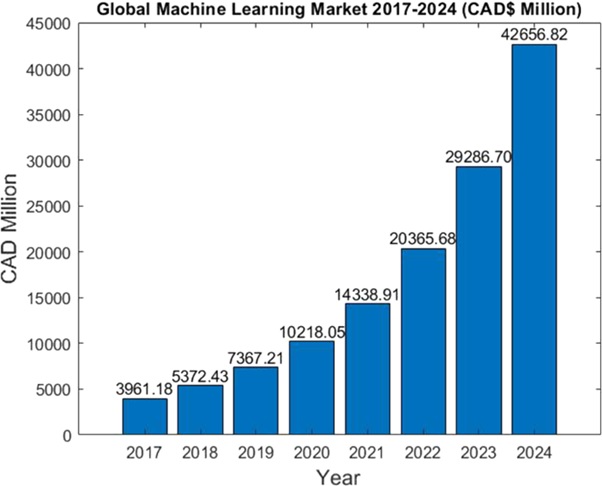
Figure 1. Machine learning towards intelligent systems
Figure 1 shows the research activities of our group are focused on machine learning, a scientific discipline in the intersection of computer science, statistics, and applied mathematics. Over the last decades, the importance of machine learning has continuously grown, and meanwhile, the field has developed into one of the main pillars of modern artificial intelligence as well as the emerging research field of data science. [1]
Uncertainty and Preference in Machine Learning
Much of our research centers around two key cognitive concepts of artificial intelligence: uncertainty and preference.
Machine learning is essentially concerned with extracting models from data and using these models to make predictions. As such, it is inseparably connected with uncertainty. Indeed, learning in the sense of generalizing beyond the data seen so far is necessarily based on a process of induction, i.e., replacing specific observations by general models of the data-generating process. Such models are always hypothetical, and the same holds true for the predictions produced by a model. In addition to the uncertainty inherent in inductive inference, other sources of uncertainty exist, including incorrect model assumptions and noisy data. Our research addresses questions regarding appropriate representations of uncertainty in machine learning, how to learn from uncertain and imprecise data, and how to produce reliable predictions in safety-critical applications.
The notion of "preference" has a long tradition in economics and operational research, where it has been formalised in various ways and studied extensively from different points of view. Nowadays, it is a topic of key importance in artificial intelligence, where is serves as a basic formalism for knowledge representation and problem solving. The emerging field of preference learning is concerned with methods for learning preference models from explicit or implicit preference information, which are typically used for predicting the preferences of an individual or a group of individuals in new decision contexts. While research on preference learning has been specifically triggered by applications such as "learning to rank" for information retrieval (e.g., Internet search engines) and recommender systems, the methods developed in this field are useful in many other domains as well.[1]
References:
- https://en.cs.uni-paderborn.de/is
- https://arxiv.org/abs/2101.03655
Cite this article:
Thanusri swetha J (2021), Machine learning towards intelligent systems, Anatechmaz, pp. 29









